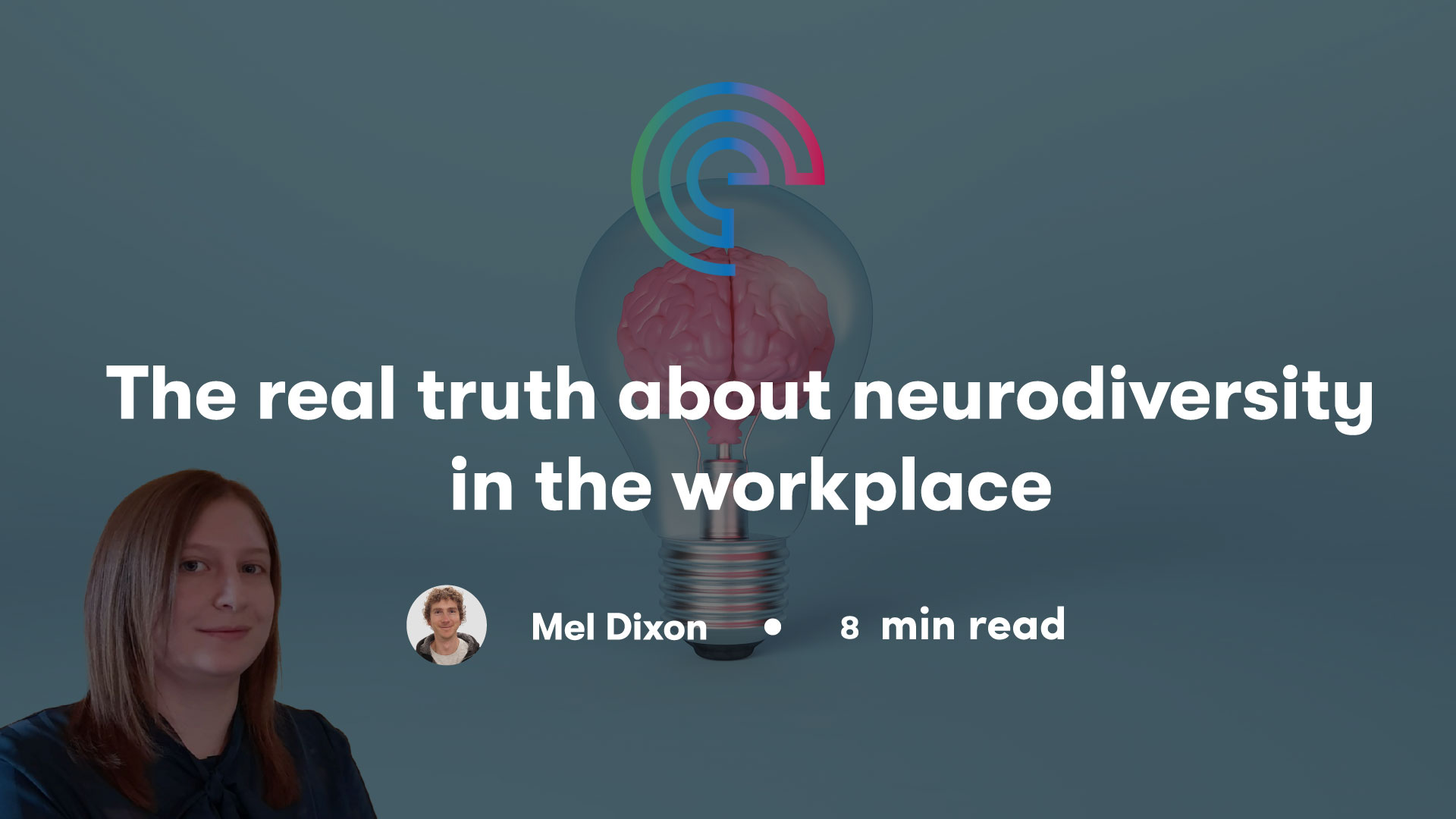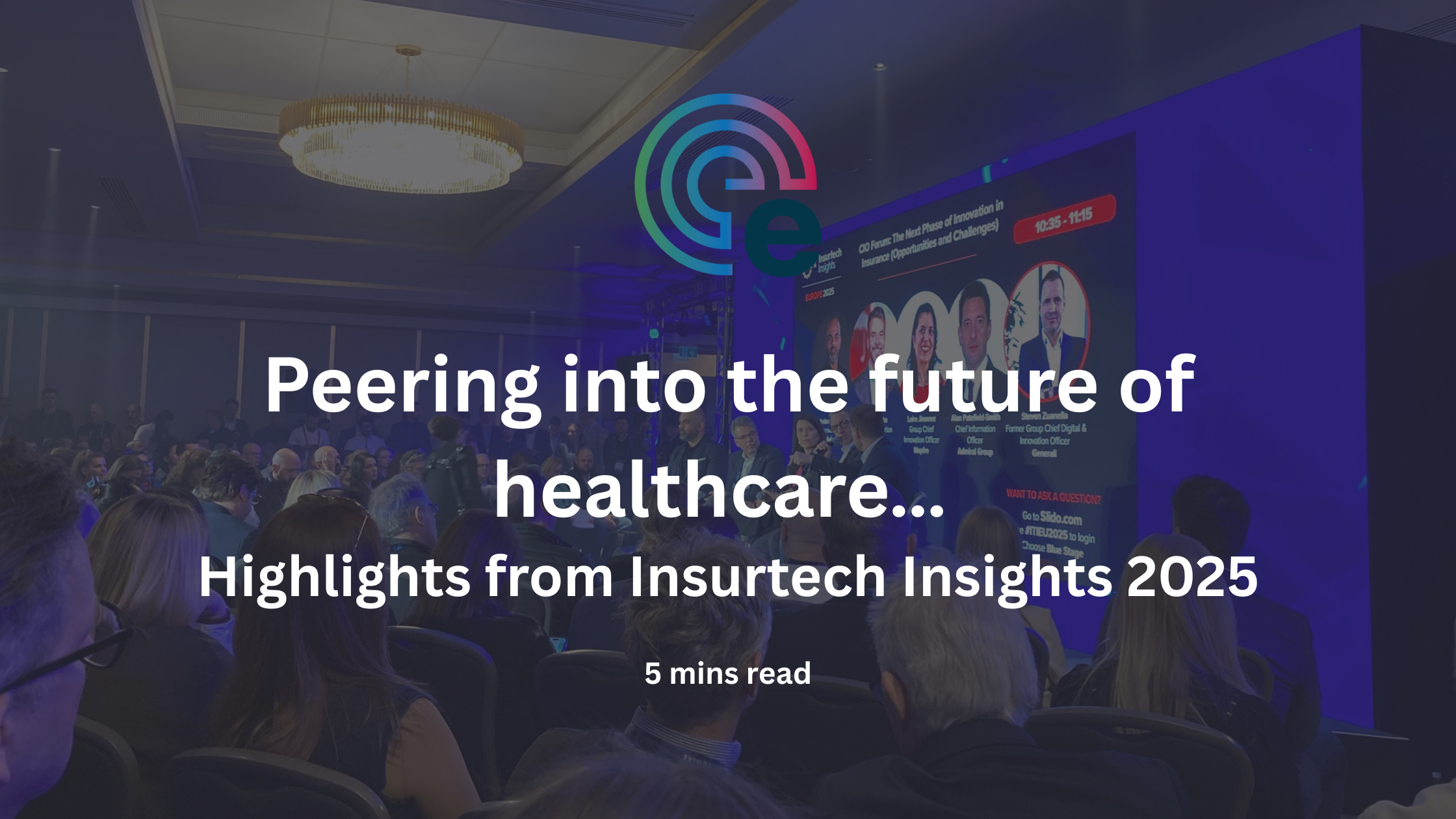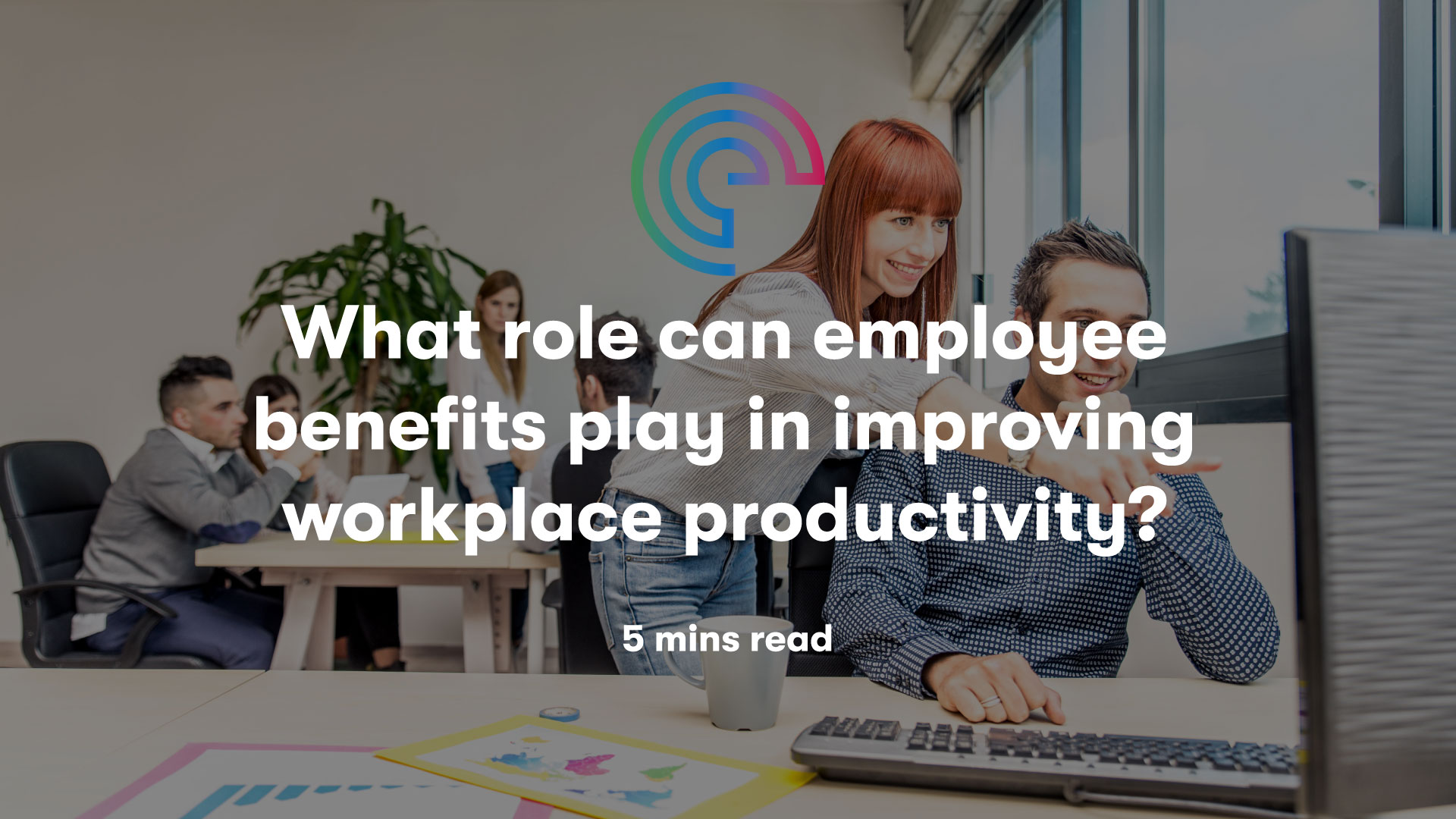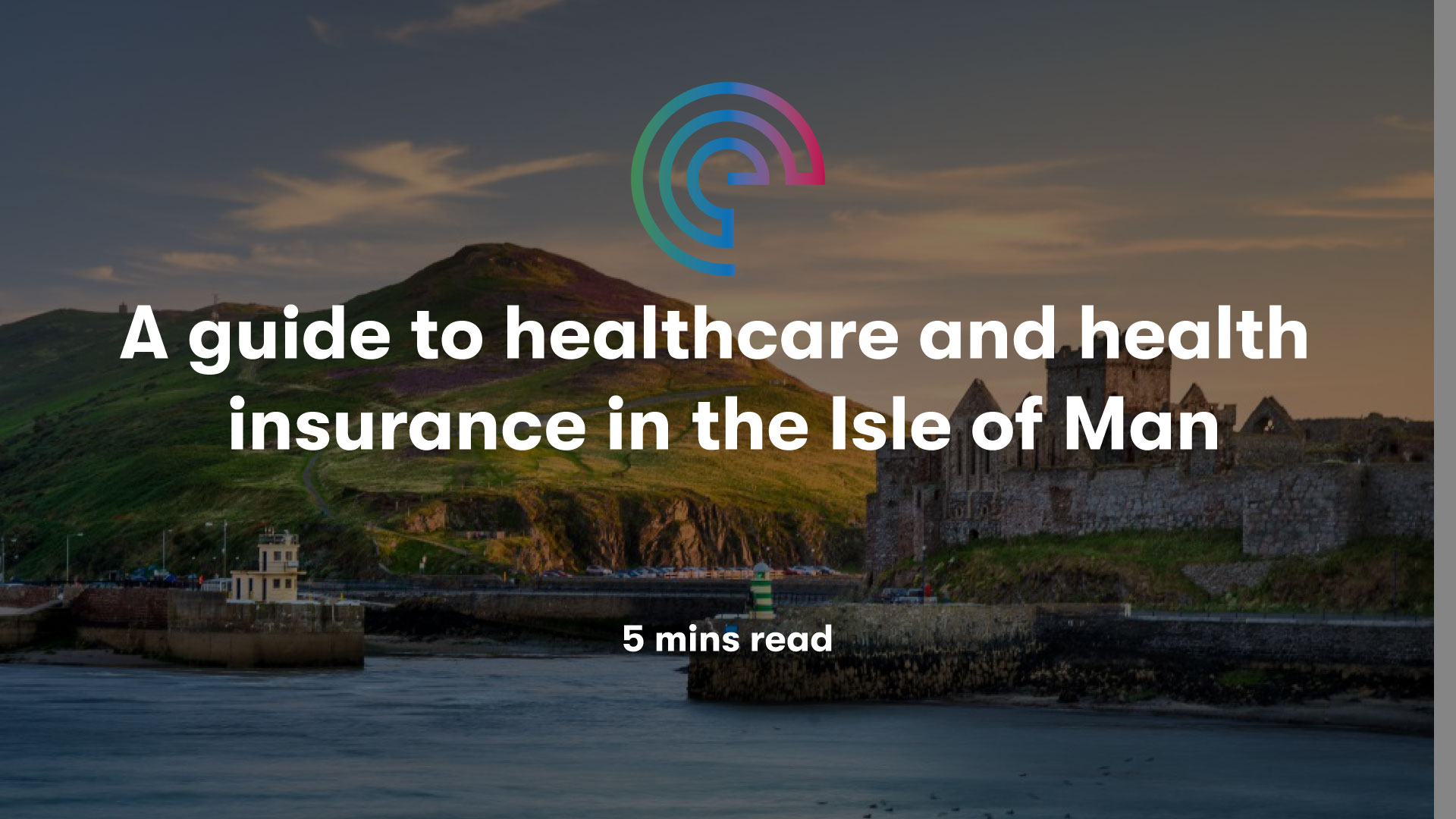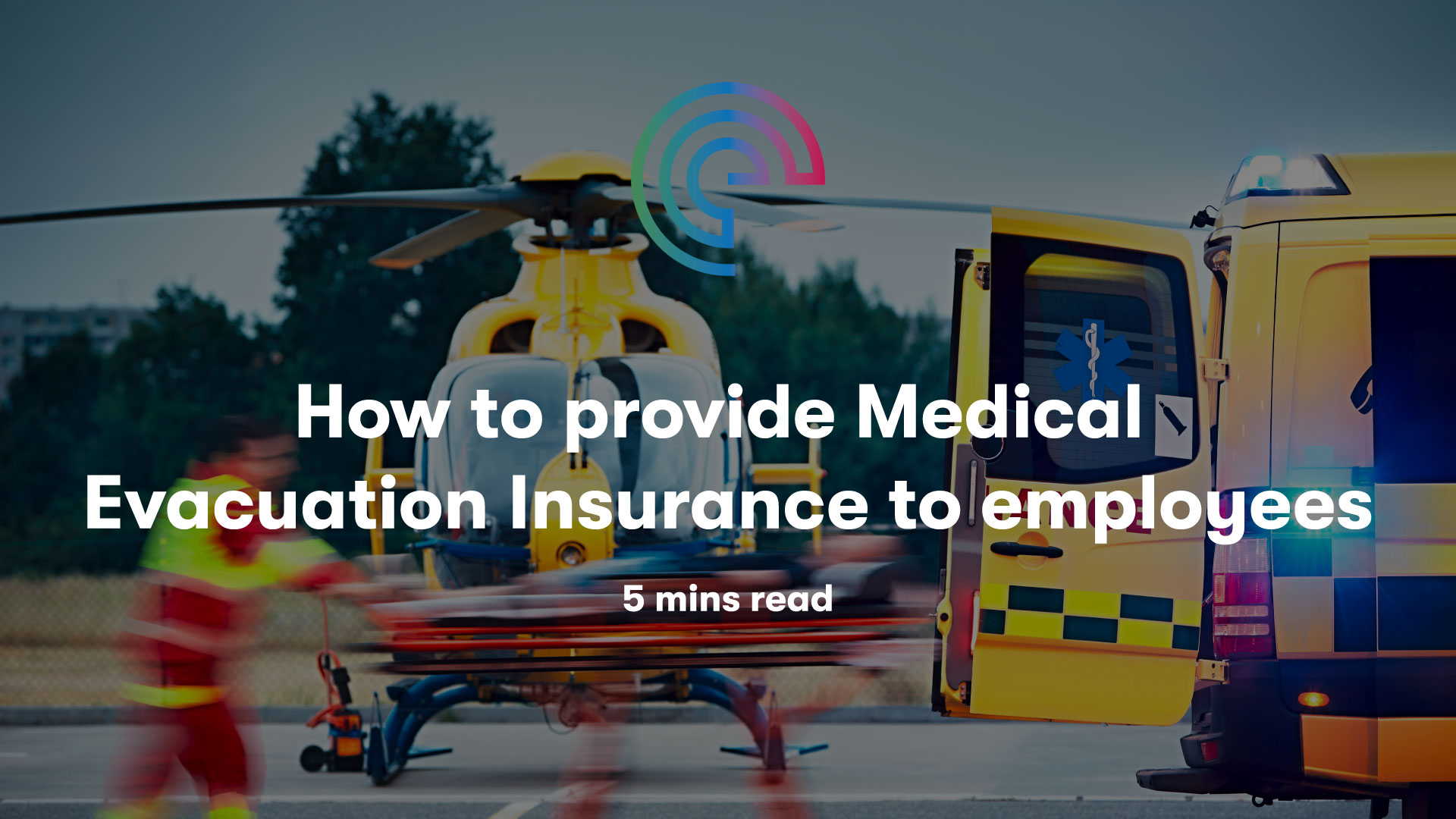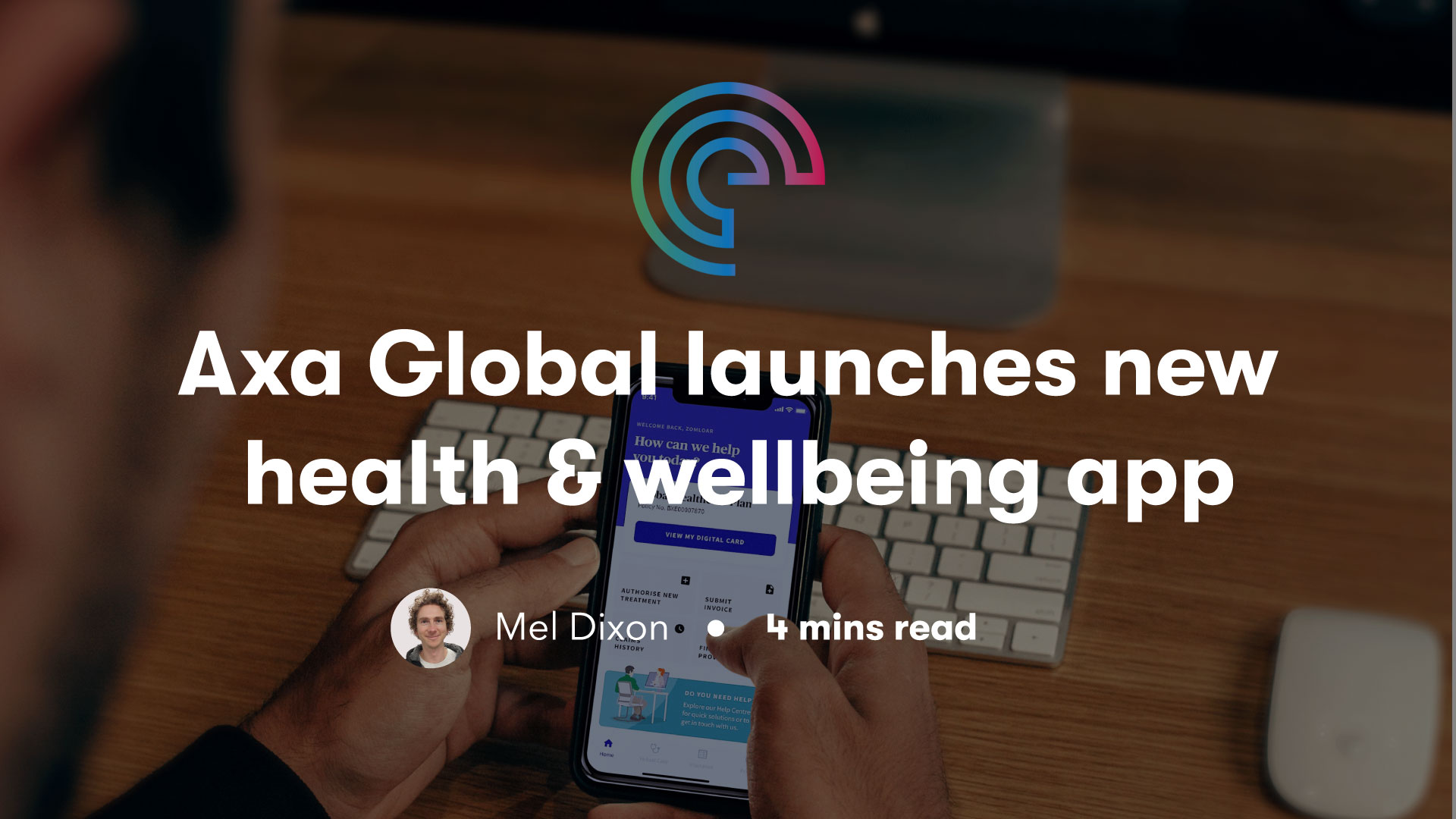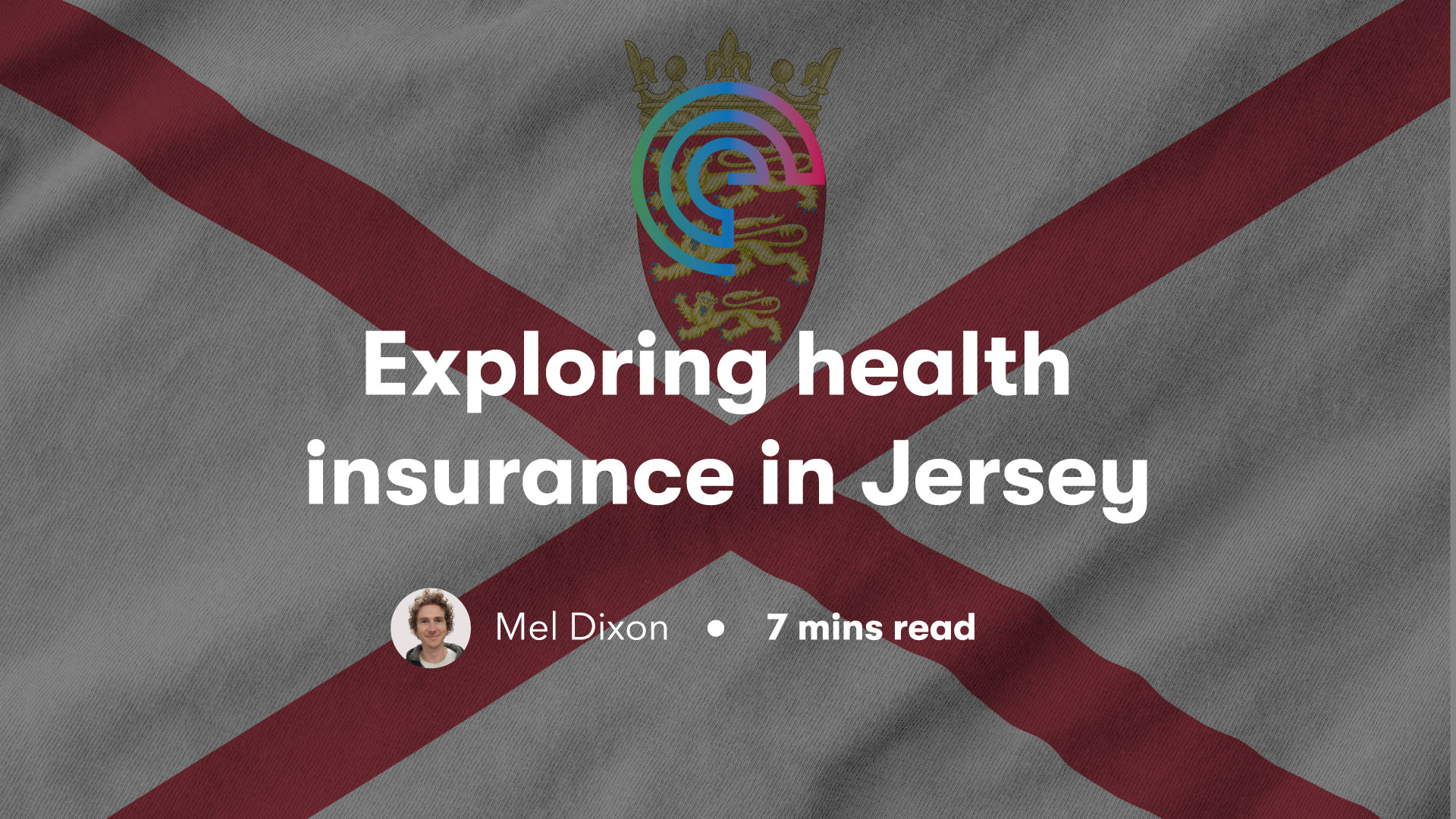“When I started here, I realised I was very good at spotting errors, calculating numbers and focusing on single tasks. My emails can be very dry and to the point which can be a strength or a weakness depending on how you look at it. Sometimes being concise is a very useful thing!”
Joanne Lloyd, Client Services, Engage Health Group
Engage Health Group employs people who fall under the term ‘neurodivergent’, including Joanne Lloyd who is part of our employee benefits client services team. Her eye for detail ensures that clients receive the most accurate and up-to-date information when seeking out quotes or information related to policies.
It’s estimated that one in seven people think, behave or process information in a way that differs from the norm. While Joanne has become an essential part of our team, too often people who are neurodivergent are seen as a problem to manage rather than a talent to support.
Exposing myths around neurodiversity
Most people are aware of conditions like autism, attention deficit hyperactivity disorder (ADHD) and dyslexia. Other forms of neurodiversity include dyspraxia (affecting physical coordination), dyscalculia (affecting understanding of numbers), dysgraphia (affecting the ability to write) and Tourette’s syndrome.
Many famous faces, past and present have had one or more of these conditions. Elon Musk discussed one of the challenges of being autistic in a TED Talk last year:
“Social cues were not intuitive, so I was just very bookish. Others could intuitively understand what was meant by something. I would take something very literally, as if the words that were spoken were exactly what they meant. But that turned out to be wrong. [People are] not simply saying exactly what they mean. There are all sorts of other things that are meant. It took me a while to figure that out.”
Awareness of the issue has grown in HR circles and from employers generally, as these recent headlines show:
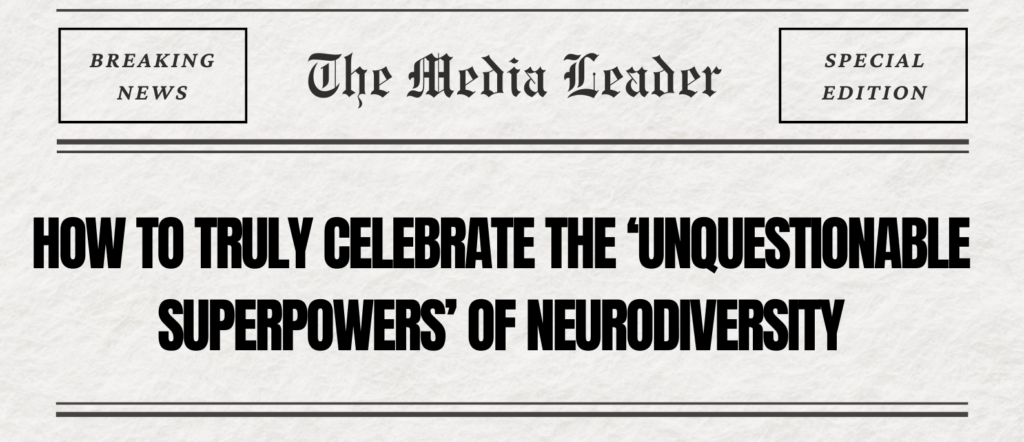
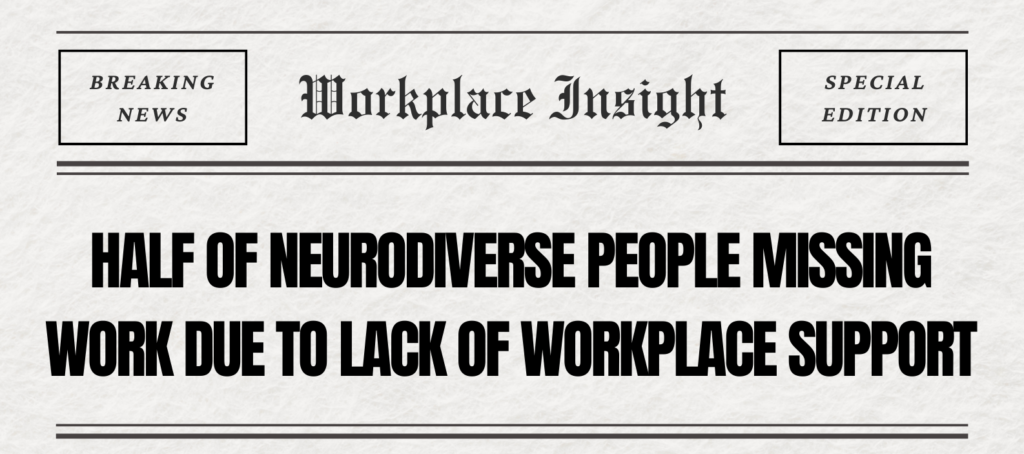
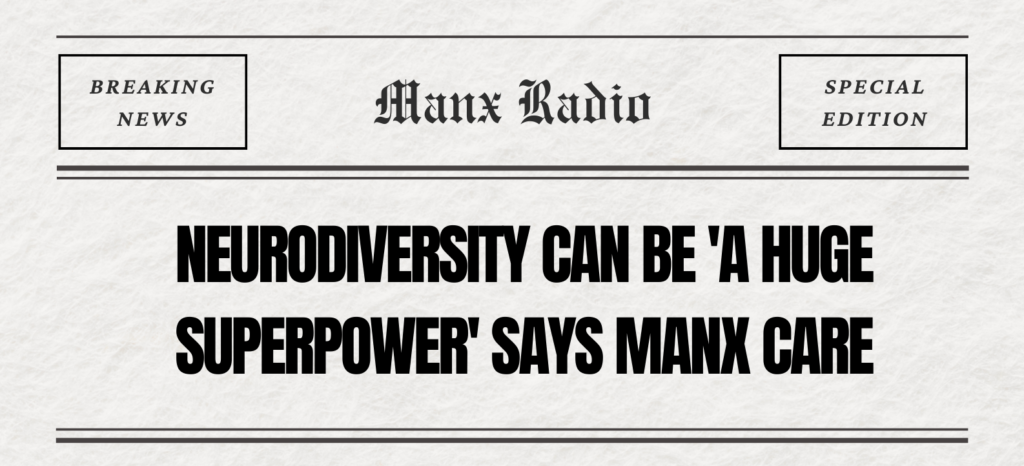
Yet, misconceptions still remain.
Joanne herself was diagnosed with autism as a child. It took her until the age of five to learn to speak. And it wasn’t until the age of 15 that Joanne was diagnosed as being dyslexic too. She has experienced first-hand how some companies take a wide berth of neurodiverse people.
“I once ran a test when I applied for jobs online. On one CV I disclosed I had autism and dyslexia, and I wouldn’t get an interview. But when I used exactly the same CV, and didn’t disclose it, I would get an interview.
“I also worked at a shop where the store manager said very bluntly that if I’d mentioned my autism or dyslexia at the interview I wouldn’t have got the job.
“A lot of it comes down to a lack of awareness. People have a stereotype in their head and it’s because they don’t know what it is.”
Equipped with these experiences, Joanne chose not to disclose her autism or dyslexia during her job interview with Engage Health Group. It seems that many consider neurodiversity as a disability, when in fact it’s a complex mix of neurological traits that in some cases can be almost like a superpower. Joanne has taken an academic interest in the subject, studying Neuroscience at the University of Sussex. She makes the point that even people with the same form of neurodivergence will be very different in how they operate.
“It’s not a one-size-fits-all situation. For example, two people with ADHD won’t be the same – they’ll need different levels of support. Sometimes it goes unnoticed unless it’s pointed out.”
The challenge of entering a new workplace

Entering a new workplace is a challenging experience for anyone. There are new people to meet, new processes to get used to, and often new skills to learn. For neurodiverse people, the challenge can be more acute.
“When I first started working at Engage, it took some getting used to. I’d never worked in an office environment before or on a telephone,” said Joanne. “Little things were a challenge like the size of the office and all the different people. It can be quite overwhelming and for me it was sensory overload.
“It took me a little while longer to grasp things than most people, but once I did, it really clicked and then everything became easier. One of my colleagues really took me under his wing which was a big help.”
“To begin with I was very quiet. An office feels very professional and I felt I needed to be reserved but over time I realised you can be yourself and talk about your interests.”
Joanne talks about the process of “masking” whereby people camouflage their natural personality to conform to perceived social pressures.
“Everyone does it but for neurodiverse people it can be quite mentally taxing and I was like that at first. But over time I realized I didn’t need to be like that here. If I want to be quiet I can be quiet and I won’t be judged. But sometimes I can be chatting all the time.”
Why smart companies think individual
Forward-thinking employers are taking an increasingly flexible approach with their employees, treating them as individuals rather than as a homogenous group. We see this trend in the employee benefits space where tools and policies have evolved to provide a wider range of services targeting different employee needs. More obviously, we see it in the wide embrace of remote and hybrid work policies.
“There is growing awareness of the need to accept flexibility, and not just with neurodiverse people,” says Joanne. “Employers who are flexible can help ensure their employees are able to work to the best of their ability.
“In some cases, it might be as simple as helping someone juggle family life or avoid commuting costs. For people with learning difficulties, it can be a bit more specific.
“The one positive thing coming out of the pandemic was the increased awareness of mental health and the ability to work from home. The option to work from home is something that has helped people with physical disabilities and neurological differences.
“And insurers have started to do a lot more around mental health support and this has shed light on neurodiversity as it’s an adjacent topic, so it’s brought more attention from insurers.”
Evidence of this growing awareness can be seen in a survey by AXA which found 47% of companies planning to further support neurodiversity in the next two years.
Workplace adjustments can vary greatly

Charlie O’Brien, Head of People at Breathe says that many neurodivergent people spend time quietly adjusting their work environment to suit their needs when they come into a new workspace.
“For a neurodiverse individual or team to thrive, we need to create a culture that openly speaks about our differences and celebrates them – loudly.
“Be transparent with your policies and working environment, both internally and externally; future hires need to feel safe about discussing their needs, you can do this by sharing what you do openly without being asked first.
“Every single person should get a personalised onboarding plan, tailored to their specific needs and adjustments, which means you break down communication barriers from the get-go, this creates a culture where everyone feels safe to be themselves.
“Continuously educate your staff, at Breathe our colleagues take the lead and educate each other on things that impact them or their loved ones, this can be a slack message with information and an open invitation for people to reach out to talk or a lunch and learn.”
Joanne is keen to emphasise that workplace adjustments can, in many cases, be minimal.
“When people hear the term ‘workplace adjustments’ some people think it will be expensive but it can be very simple things. For example, someone with dyslexia might need speech-to-text software which Google provides for free anyway.”
While Joanne hasn’t required any specific workplace adjustments, a level of understanding helps.
“It’s harder for me to pick up on some social cues, particularly around tone of voice. My grammar and spelling aren’t great. In fact, someone rarely has just autism, there’s usually something else too.”
However, her attention to detail and her high-level ability to focus on a task and see it through to completion is a major strength. Multi-tasking might be a weakness – but, she says, Pipedrive helps with that!
“Compiling evidence is another one of my strengths. I’m good at presenting facts, bullet points and detailing a sequence of events. I’m good at providing a book of instructions but something more personalized and sensitive can be quite difficult.
“People often talk of autism as a scale but actually it’s more like a dial of different strengths and weaknesses. So a person might be high or low on different things.”
Attention-to-detail, verbal skills, written skills, creative thinking, ability to focus – these are capabilities that vary from one person to the next. Joanne summarises it thus: “Think differences, not deficits”.
How health insurance policies are evolving

Health insurers are becoming more aware of neurodiversity as a topic and some have started to develop guidance and policies around it. AXA has developed its own Neurodiversity Assessment and Support service which provides employees and qualifying family members with a rapid assessment. If a positive diagnosis is made, support is offered according to the specific needs of the individual.
“I like AXA’s benefit which speeds up referrals to get a diagnosis. At the moment there’s a lot of pressure on the NHS and long waiting lists,” says Joanne. “Some people slip under the radar as children and might not have received a diagnosis yet. They may have developed coping mechanisms, so it might not be obvious from the outside yet could still benefit from support.
“Mental health support is useful. Even though neurodiversity is a different thing, things like anxiety and depression are more common in neurodiverse people. Although I haven’t used the services myself, it’s reassuring to know that I have access to them if I need them.”
It’s early days for neurodiversity benefits. Many insurers are scrambling to play catch-up as they realise the demand for such services.
 Vitality is providing support for ADHD and autism assessments from January 2024 as an additional benefit to its corporate offering.
Vitality is providing support for ADHD and autism assessments from January 2024 as an additional benefit to its corporate offering.
The benefit will cover employees and their dependents over the age of seven. A positive ADHD diagnosis is followed up with six psychiatric follow-ups, plus coverage for eligible medical costs and two annual reviews. However, a positive autism diagnosis doesn’t open the door to any additional support services beyond its core policy offering.
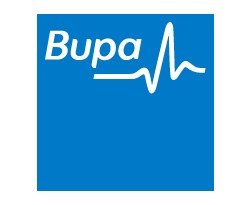 Similarly, Bupa is launching its neurodiversity benefit in January to corporate clients. Clients must have mental health benefits in place and a minimum outpatient allowance of £1,500 for each employee on the scheme. It will cover a diagnosis for autism, ADHD, dyslexia, dyscalculia, and dysgraphia. It also applies to dependents aged six and older.
Similarly, Bupa is launching its neurodiversity benefit in January to corporate clients. Clients must have mental health benefits in place and a minimum outpatient allowance of £1,500 for each employee on the scheme. It will cover a diagnosis for autism, ADHD, dyslexia, dyscalculia, and dysgraphia. It also applies to dependents aged six and older.
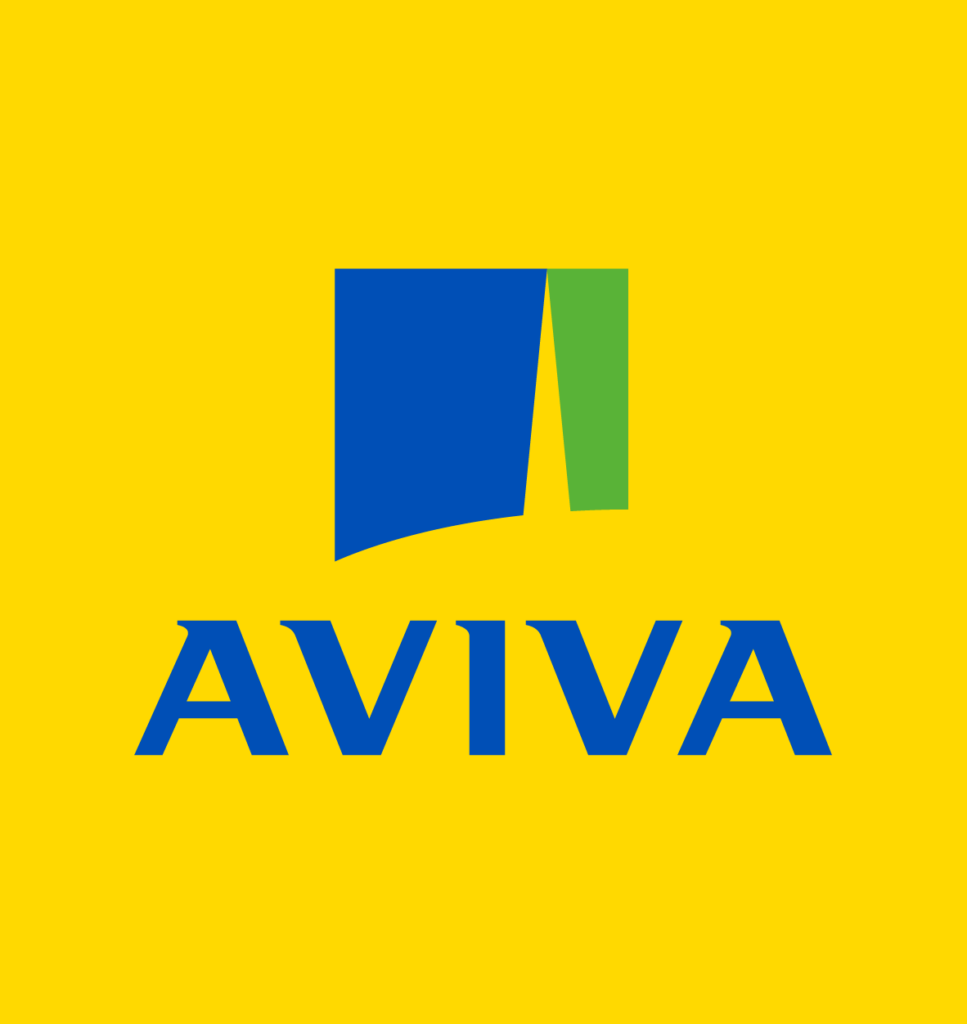
Aviva offers a Neurodevelopmental Pathway on their corporate plans which helps speed up initial assessment and diagnosis of ADHD, autism and Tourette’s syndrome. The pathway provides support and access to private diagnosis. No GP referral is needed and members receive a comprehensive report. It’s also available to group members and their dependants aged seven and over.
Dispel the myth, grasp the opportunity

Neurodiversity is all around us. Some of the highest-performing people across a broad range of fields are neurodivergent. Yet, it covers such a broad spectrum of traits, that it’s impossible to generalise. Employers must keep an open mind and do the things that any good employer should do: listen to the needs of employees and address them in the most helpful way. Nick Hale, Founding Director at Engage Health Group, reflects on how his understanding has evolved:
“Of course, every individual is different, and we all have our strengths and weaknesses both personally and professionally. I’ve learnt that those with neurodivergence are really the same in this regard, but that there is simply a greater understanding needed of where their strengths are best deployed.
“I do worry how many individuals with applicable skills are overlooked for roles due to ill-informed preconceived views, but the important work that we, our valued clients and our insurer partners are doing is helping to break down stigmas and move the discussion forward, and it’s fantastic to part of it.”
Increased awareness is often the first step towards progress, and as increasing numbers of business leaders and HR personnel become more attuned to what it means, then workplaces and well-being policies will evolve to better cater for people whose minds function differently to the norm. A failure to support neurodiverse employees is a failure to support some of the most talented and capable people out there.
Engage Health Group is an employee benefits consultancy that helps UK businesses navigate the world of employee benefits and source policies tailored to their unique needs. This article first appeared on HR News.

